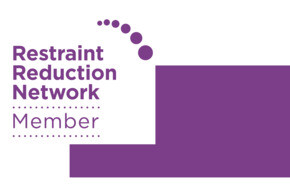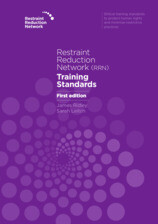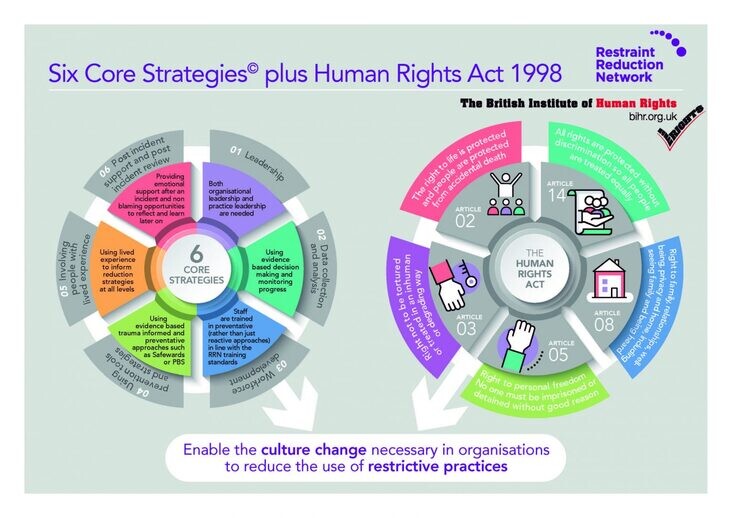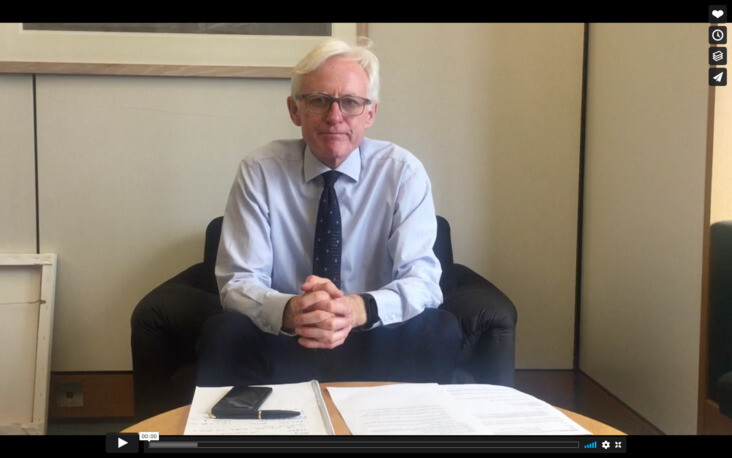Training2Care is proud to announce that we are members of the Restraint Reduction Network. We have always been serious about training to the highest levels and standards and because of this we became members of this fantastic network and implemented the standards across our training courses.

In recent years we have seen scandals surrounding abuse and even deaths due to an over-reliance on the use of restrictive practices in supporting vulnerable people. It has been an ongoing and major concern in Health & Social Care. The Restraint Reduction Network have been working hard and collaborating across the care sector to reduce reliance on restrictive practices. The aims are not only there to reduce restrictive practices but to improve the support for people in vulnerable situations, ensure people’s human rights are respected and protected, share learning and best practice, develop guidance and quality standards, improve training and develop workforce skills, and more.
Who are the Restraint Reduction Network?
The Restraint Reduction Network is a registered charity and independent network. They bring together organisations providing education, health, and social care services, who are committed to reducing restrictive interventions.
The Network has a vision to reduce reliance on restrictive practices and make a difference in the lives of people. Helping to achieve this vision by sharing learning and developing quality standards and practical tools that support reduction.
They receive huge support including notable names such as the Network’s patron, Sir Norman Lamb.
The Restraint Reduction Network Training Standards

Having collaborated with Health Education England the Restraint Reduction Network produced a set of ethical training standards that protect human rights and support the minimisation of restrictive practices.
The Restraint Reduction Network Training Standards applies to all training that includes a restrictive intervention component. The standards will provide a national and international benchmark for training in supporting people who are distressed in education, health and social care settings.
These Standards will ensure that training is directly related and proportional to the needs of populations and individual people. They will also ensure that training is delivered by competent and experienced training professionals who can evidence knowledge and skills that go far beyond the application of physical restraint or other restrictive interventions.
Further to improving training and practice, the Standards will:
- Protect people’s fundamental human rights and promote person centred, best interest and therapeutic approaches to supporting people when they are distressed.
- improve the quality of life of those being restrained and those supporting them
- reduce reliance on restrictive practices by promoting positive culture and practice that focuses on prevention de-escalation and reflective practice
- increase understanding of the root causes of behaviour and recognition that many behaviours are the result of distress due to unmet needs
- where required, focus on the safest and most dignified use of restrictive interventions including physical restraint.
It is important they are applied consistently to services:
- across education, health and social care
- across children and adult services
- across the UK and internationally
- for all populations, including people with mental health conditions, dementia, learning disabilities and autistic people in order to consistently minimise the risk of physical and psychological harm to all people in all settings in all nations in the British Isles

These Standards support the human rights of all populations and may be useful to the private security industry, but are not specifically designed for
training providers outside of education, health and social care sectors.
Staff must have face to face training in preventative/primary strategies and secondary strategies before they are taught to use restrictive interventions
These Standards will be mandatory for all training with a restrictive intervention component that is delivered to NHS commissioned services for people with mental health conditions, learning disabilities, autistic people and people living with dementia in England.
Implementation will be via commissioning requirements and inspection frameworks. Any training with a restrictive intervention component will need be certificated against the standards by a UKAS (United Kingdom Accreditation Service) accredited organisation, www.ukas.com .
This includes services in the independent, private and voluntary sectors. Other UK countries may benefit from following the principles and standards, albeit within a devolved legislative context, where country specific legislation applies.

